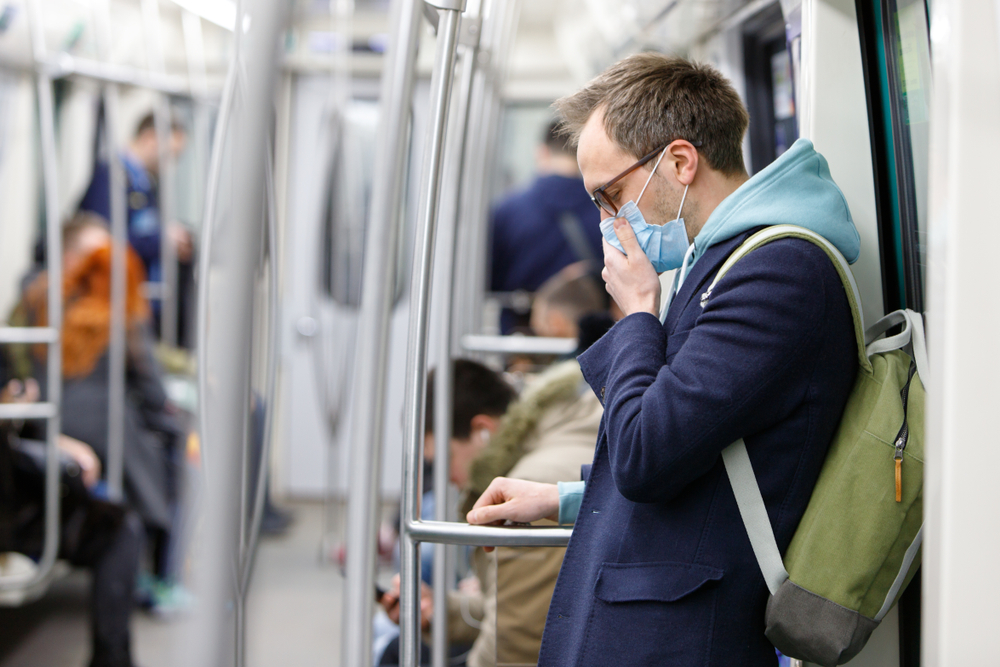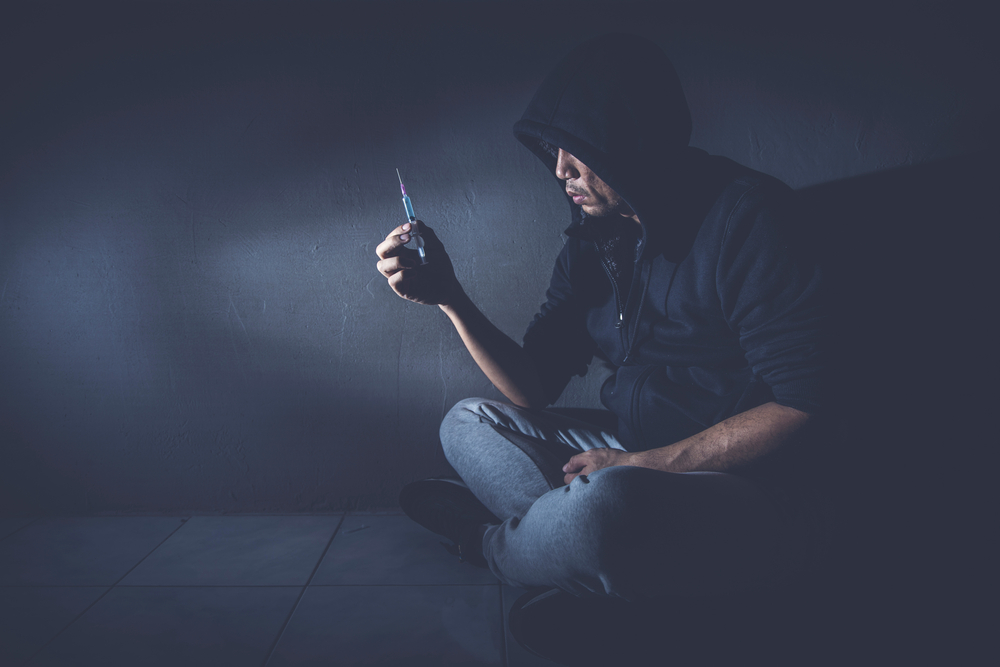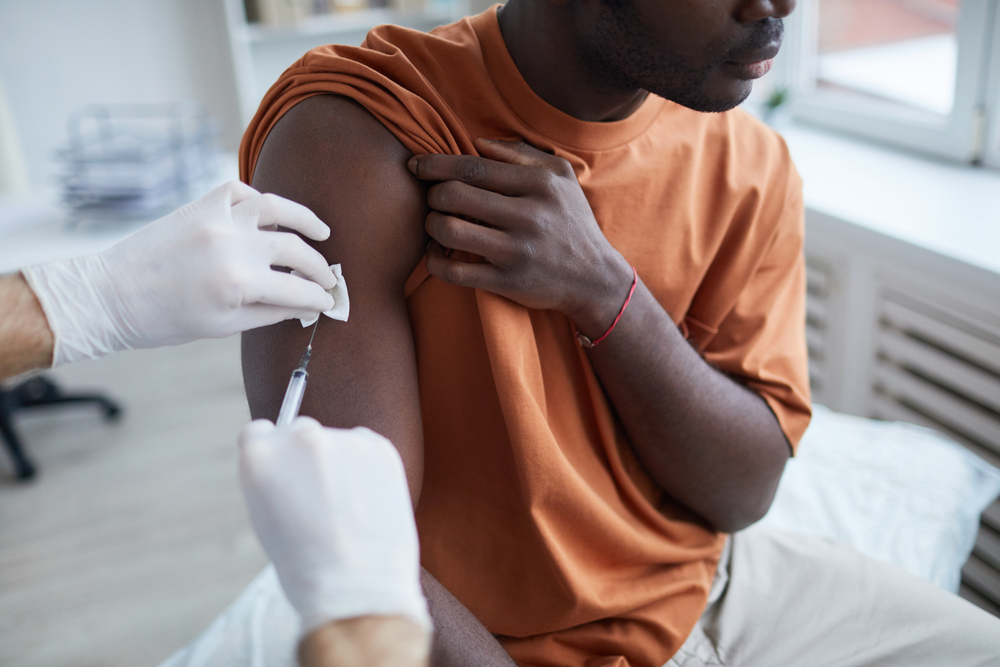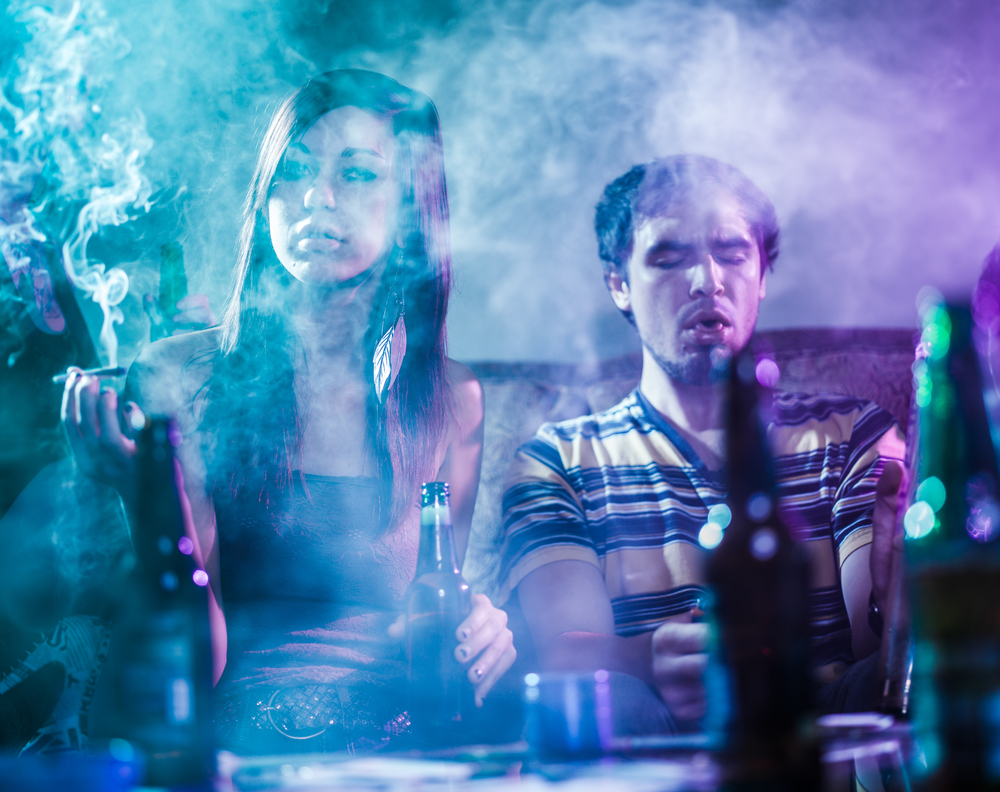
Drug addiction is a serious medical condition that can profoundly impact every aspect of an individual's life. It can damage relationships, cause financial problems, and lead to various health care problems. Left untreated, addiction can be deadly. Amid the unprecedented global pandemic, drug addiction presents an even greater danger to public health as it can make COVID symptoms much worse than they already are.
People who use drugs are more likely to contract the virus and experience severe symptoms if they become infected. Additionally, those who are addicted to drugs are more likely to engage in risky behaviors that can spread the virus to others. For example, they may share injection needles or fail to observe the safety measures like wearing masks, washing hands, avoiding crowded areas, or coughing to the elbow, thereby increasing the risk of transmission.

Recent studies suggest that alcohol and drug abuse may make COVID symptoms worse. This is a significant discovery, as it could mean that people already struggling with addiction may be at an increased risk of developing more severe symptoms if they contract the virus.
One cross-sectional study compared the hospitalization rate for COVID in 2020 in those diagnosed with substance use disorders vs. those without these disorders. The findings were that those with alcohol or drug use disorders had a greater chance of being hospitalized for COVID-19 infection than the general population. This suggests that they suffer worse conditions or physical symptoms than the non-using population. The study also noticed higher mortality rates among hospitalized SUD patients than in the general population.
The Centers for Disease Control also notes that people with underlying conditions like substance use disorders, chronic heart, liver or lung disease, etc., are likely to get severely ill from COVID-19. Severe illness from COVID-19 can also increase the sense of hopelessness that makes it so difficult for suicide prevention strategies.
These studies underscore the importance of seeking addiction treatment. If you are worried about how COVID might impact your addiction, please consult your doctor or therapist for guidance.
Drugs make COVID-19 worse by weakening your immune system, making you more likely to get other infections, interfering with treatment, and increasing risk factors where you are more likely to spread the disease to others.
· Weakened immune system: Some drugs, such as steroids, can weaken your immune system, making it harder for your body to fight the virus.
· Making you more likely to get other infections: Drugs that suppress your immune system can also make you more likely to get infections and autoimmune diseases like HIV/AIDS. These infections can be serious and even life-threatening.
· Interfering with treatment: Some drugs can interfere with how your body responds to treatment for COVID-19. This can make the disease worse and increase the chances of death.

Besides, drugs also affect the body in a range of other ways. For example:
· Opioids cause slow breathing, reduce oxygen in the blood, and result in brain damage or death.
· Stimulants like cocaine, meth, and amphetamine increase heart rate and blood pressure, making it harder for the heart to pump blood and can lead to a heart attack or stroke. These drugs can also cause acute respiratory failure.
· Smoking or vaping crack cocaine, heroin, or marijuana can increase lung damage risk and make breathing harder. It can also worsen COPD, asthma, and other lung conditions.
· The effects of alcohol on the immune system are also well-documented. Alcohol abuse can increase the risk of developing various infectious diseases, including pneumonia and tuberculosis.
Yes, you should get a COVID-19 vaccine if you're on drugs. The CDC recommends that everyone vaccinate against COVID-19, regardless of their drug use status. You don't even need to have health insurance to get the vaccine. When considering the adverse effects that COVID-19 has on addiction patients, vaccination can be your best line of defense. It might even save your life.
On the bright side, 12.46 billion doses have been administered globally today, and there haven't been any documented cases of a person having adverse health effects due to drug use.
However, people with certain medical conditions should talk to their doctor before getting the vaccine. These conditions include:
· A history of severe allergic reaction to a vaccine or ingredient in the vaccine
· A weakened immune system due to cancer, HIV/AIDS, steroid use, or other conditions
· If you're pregnant or breastfeeding, you should also talk to your doctor before getting the vaccine.

There is currently no evidence that alcohol or drugs affect the efficacy of the COVID-19 vaccine. If you are taking medications to treat an addiction, it is important to speak to your doctor about whether or not the vaccine is right for you. You might also want to err on the side of caution and abstain from use before and after receiving the vaccine.
Among the many challenges posed by the COVID-19 pandemic, those who struggle with substance abuse face unique risks. In addition to the dangers posed by the virus itself, the COVID restrictions made it difficult for many to access treatment and support services. As a result, harm reduction strategies have become even more important for those unable to stop using drugs or alcohol. These strategies include:
· Create a safe space for drug use. This can be done by ensuring that all surfaces are clean and disinfected and that ventilation is adequate. Not sharing drug-use equipment like needles, vapes, cigars, bongs, etc.
· It is also important to have a supply of clean needles and other supplies on hand and a first-aid kit in case of accidental injuries.
· Observe COVID-19 restrictions to curb the spread of the virus-like washing hands, avoiding crowded spaces, and social distancing.
· Additionally, it is crucial to know your limits and always use drugs under the supervision of someone who can assist if necessary.

By following these harm reduction strategies, those unable to stop using drugs or alcohol can help protect themselves and others from the potentially deadly effects of COVID-19. In addition, these strategies can also help to reduce the spread of the virus among those who are most vulnerable.
If you or someone you know is struggling with addiction, it's important to seek professional help. There are a variety of human resources and treatment options available, and the right one for you will depend on your individual needs.
If you're struggling with addiction, don't wait to get help. Treatment can help you to overcome addiction and achieve recovery. It can also provide vital support and resources during difficult times. Seek treatment today and begin your journey to a healthier, happier life.


